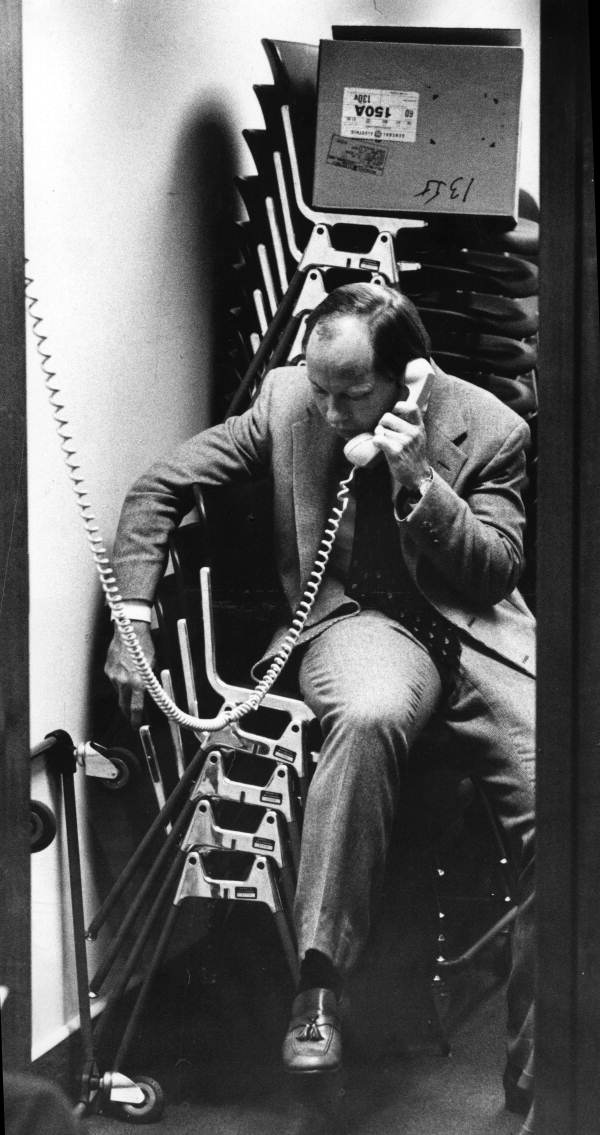What To Do About Congress, In Three Steps

Let's say you're not well pleased about what's been shaking out in Congress.
And let's say you want to do something about it.
What should you do?
First: Focus on where you have influence
I might be piss and vinegar about the House Speaker, but if I don't live in his district, he is unlikely to care about my opinion.
Let's spend not one second of our wild and precious life calling a politician who doesn't represent our district or state.
Now, I'm not saying the Speaker shouldn't care about our opinion. But, as the Buddhists say, suffering is not accepting the world as it is. And the world as it is, is one where Members of Congress first and foremost care about what their voters think. They need enough of their voters to think enough good things about them so they can get re-elected.
So this is Serenity Prayer work: grant me the serenity to accept the things I cannot change, courage to change the things I can, and wisdom to know the difference.
When it comes to policy, the thing we can change - or at least the thing we have the greatest potential to change - is the opinion of our three Members of Congress; the two U.S. Senators who represent our state and the one U.S. House Member who represents our district.
(Don't know who they are? No better day than today to find out!)
Second: Focus on what our three Members of Congress have done
When I worked in the U.S. Senate, I would sometimes get calls - though maybe shouts is a better word - from constituents who were irate about a vote the politician had taken. Only he hadn't taken that vote. They'd gotten bad information.
You can always ask Google or AI. But the most reliable source for how a politician has voted is one of my favorite websites. A website that for policy lovers is like eating four scoops of chocolate ice cream with a just-outta-the-oven brownie on the side.
And that website, my friends, is Congress.gov.
Now, it is a littttttttle overwhelming at first. But once we've landed there, we can check in the top left corner where there's a little section called "Most-Viewed Bills." Good chance the bill we're interested in is listed there. Click on it and it'll take us to a page where we'll find, among many other things, "Roll Call Votes."
That'll tell us where our politicians came down on the issue.
Third: Let Your Politicians Know How You Feel
It is easy to feel like we're spitting in the wind when we call a Member of Congress's office. But the plain truth is politicians need to know how we feel; otherwise, they will take our silence as consent.
Here's my recommendation:
- Don't call their D.C. office. Call one of their district offices. We're more likely to get a human.
- Remember the person who's answering the phone is just that: a person. They likely had little say on how the politician voted. But they have a lot of say on whether or not our message gets to the politician. I like to start those calls by saying, "Thank you for being there. I know your job isn't an easy one." We can honor their humanity while disagreeing (or agreeing) with their boss.
- Give your contact info and ask for a response; this ratchets up the politician's accountability.
And a friendly reminder: if you like how they voted, call to say thank you, too. Those calls are much rarer, but with enough of them, they can help strengthen the spine of politicians to continue to take votes we admire.
Folks often ask me if Congress is even relevant anymore. And my response is the same: if we treat Congress as irrelevant, if we don't respectfully let our politicians know what we'd like them to do or how we felt about what they did, then Congress becomes irrelevant.
But if we hold our politicians to account, and if they hear from enough voters respectfully expressing their opinion, our Members of Congress will have to be more responsive to our needs.
And that's one of the core promises of American democracy: that we (still) get to have some say in how we're governed.
